1) Time
Beginning jazz pianists frequently forget, ignore, and devalue the importance of comping IN TIME. This should be the number one consideration when comping!
If a pianist comps with bad time, or is playing out of time, the power of everything they do is lessened. Sometimes, even more experienced players will sacrifice time to showcase interesting voicings, unique rhythm content or to attempt interaction with the soloist. However, the effect of these is lost when the time is lost.
At a Geoff Keezer clinic several years ago, a student asked him this question –“ How do you practice your McCoy (quartal) voicings?”
Keezer’s answer: “I practice in time. Students are always asking me about my left hand voicings, but they are never concerned with playing these figures in time.”
He followed this answer with a discussion about the typical tendency to focus on playing NOTES and not TIME. Always PLAY TIME!
Listen to quality jazz accompanists such as Kenny Barron, Hank Jones and Red Garland for how their figures relate to the time.
2) Support
As an accompanist, your primary goal should always be to support the band or soloist!
Make the soloist feel comfortable. Clearly mark every section of the form. If there is a specific comping pattern, voicing or rhythm atypical to the melody, utilize it in your comping to help the soloist track the form. ALWAYS be looking for little ideas or patterns you can play so the soloist has some MUSICAL LANDMARKS to track the form.
Most importantly…if someone seems lost, play louder! Jazz musicians get lost all the time. The typical tendency is to share in the confusion by playing quietly or timidly. Don’t! Help dictate the form! If you play quietly or weaker, it will aid in the confusion and soon the song will be probably come to a screeching halt (more likely a quiet whimper..). It is much better to dictate a landmark to the band, such as the bridge is or the top of the form.
Finally, Always be thinking about what happens next. What can you mark for the soloist so they feel comfortable? What can you play that will best SUPPORT them?
3) Space
Program space in your comping. As an accompanist, you’ll be playing through the same form dozens of times. Use space! Find specific chords or sections to lay out on. Find chords that the soloist doesn’t (or does!) play over and choose to give space.
Listen to the pianists employed by Miles Davis. Red Garland, Bill Evans, Herbie Hancock, and Wynton Kelly are all masters at providing space for Davis. Furthermore, these musicians are also receptive to the space that Miles uses in his improvisations.
When you are sight reading a new tune, plan ahead for where you will leave space. How will you approach the first chorus of someone’s solo as opposed to the last? Is it appropriate to leave space on the bridge?
**As a general rule, don’t leave space at the beginning of the form. Make sure the soloist ALWAYS knows when you are at the top!
4) Simple
Simplicity is always the best course of action in jazz. It is very easy to show off overextended voicings, attempt complex polyrhythmic comping ideas, or to substitute chords and chord progressions. I shouldn’t say it’s easy, rather, it is common to use these techniques to become a more advanced player. But there is a strong difference between advanced and mature. Aim to be a more mature player!
Creating simple, repetitive rhythmic patterns and utilizing simpler voicings will frequently benefit the soloist more than playing with more advanced concepts. We have already discussed the importance of SUPPORTING the soloist. Using simple ideas will always do this! If you are not playing with advanced musicians, using complex techniques will distract them and potentially send the performance to a screeching halt.
Always ask, what I can do to be more simple? What I am doing that is potentially overly complex and unnecessary?
[Tweet “Why playing in time is important. #jazzpiano #jazzpianoschool”]
Feel free to subscribe to our email tips and bonus content. Simply click below.
[ninja-popup ID=380] [/ninja-popup]
[/ninja-popup]




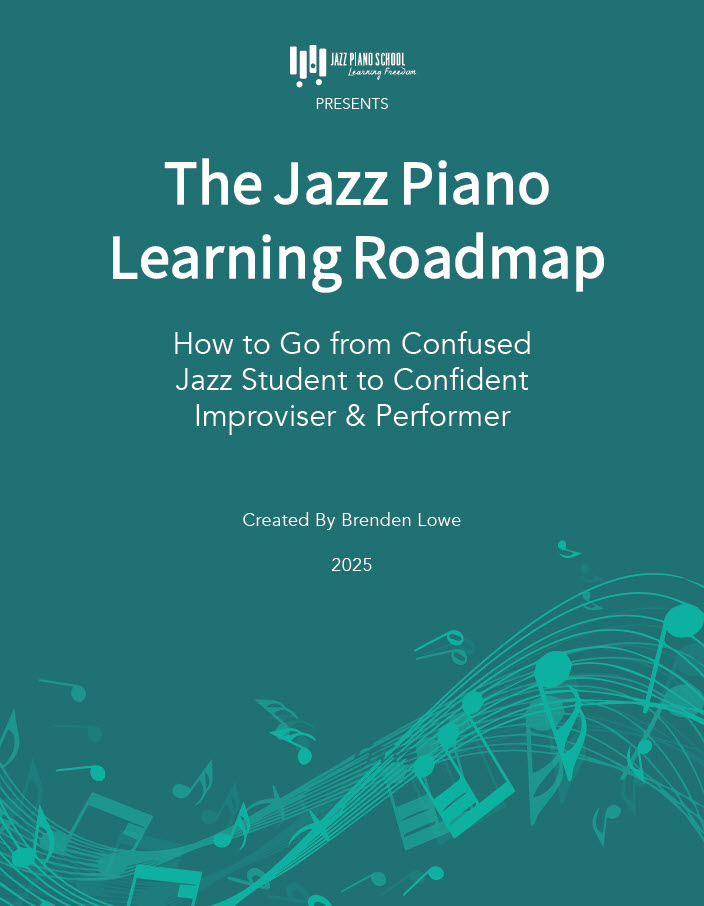

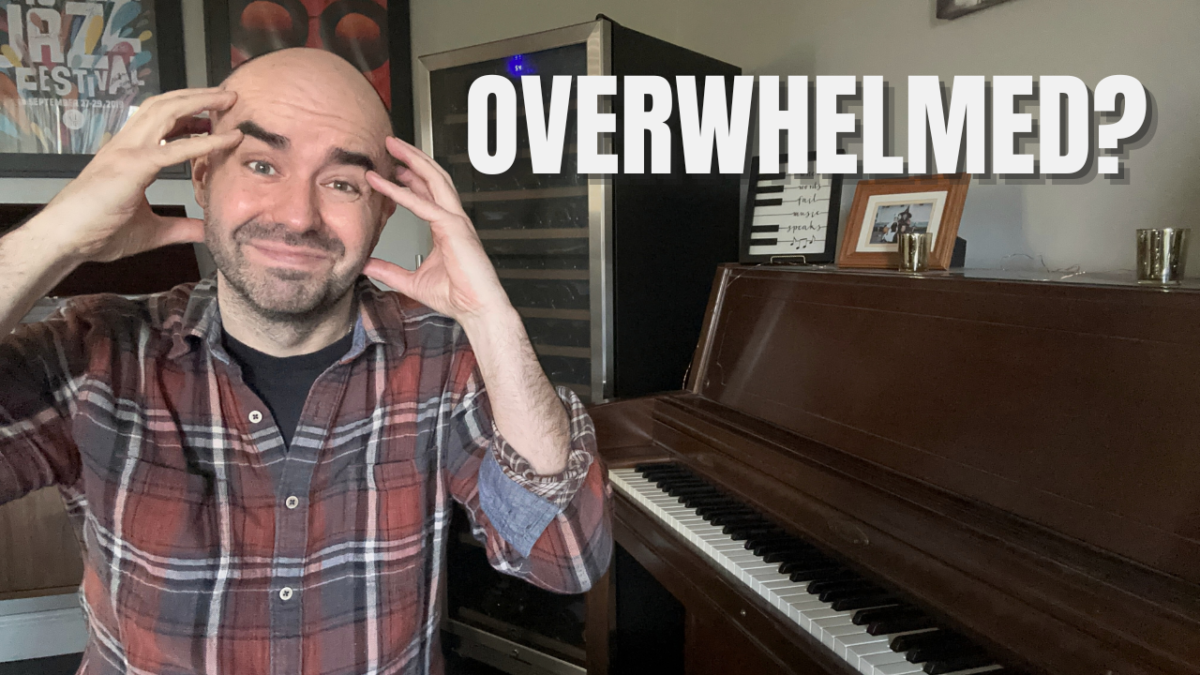
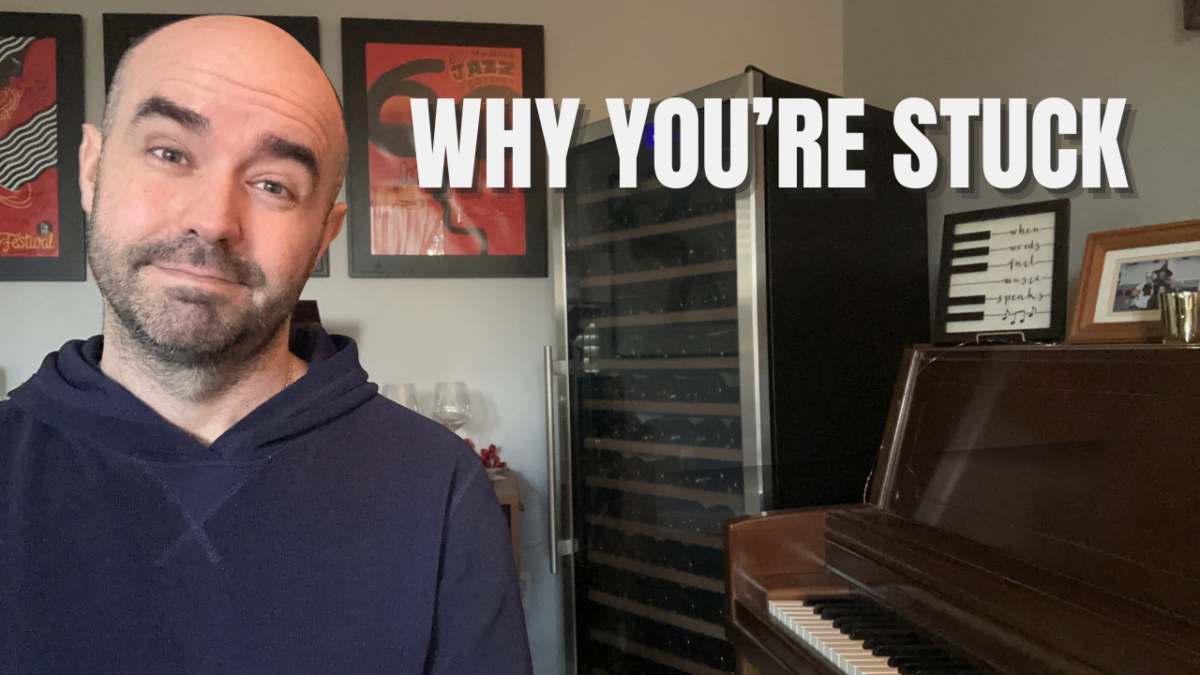
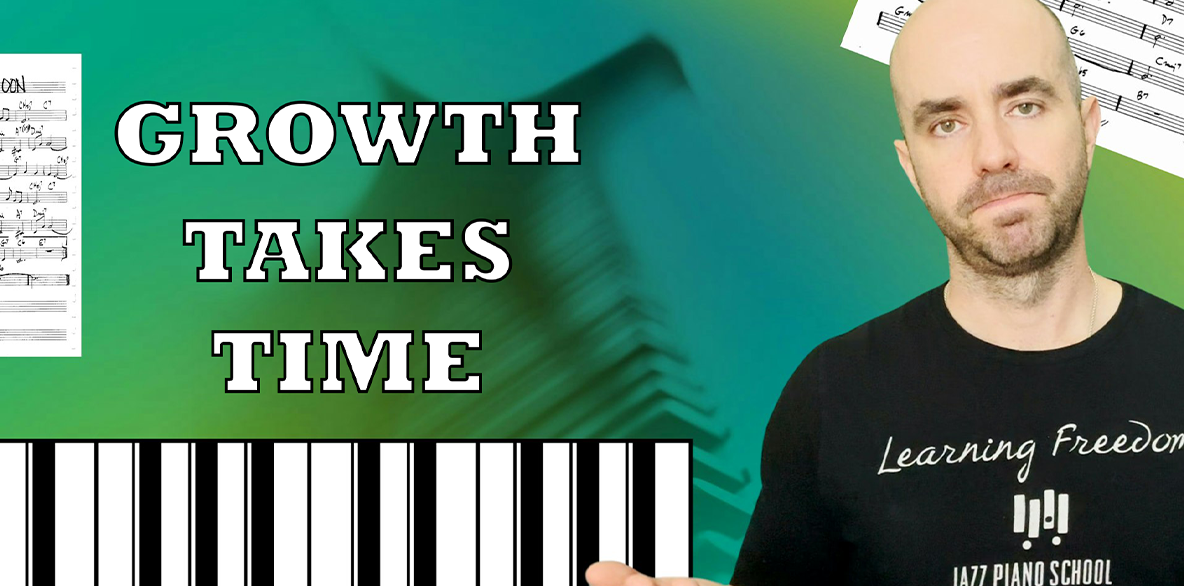
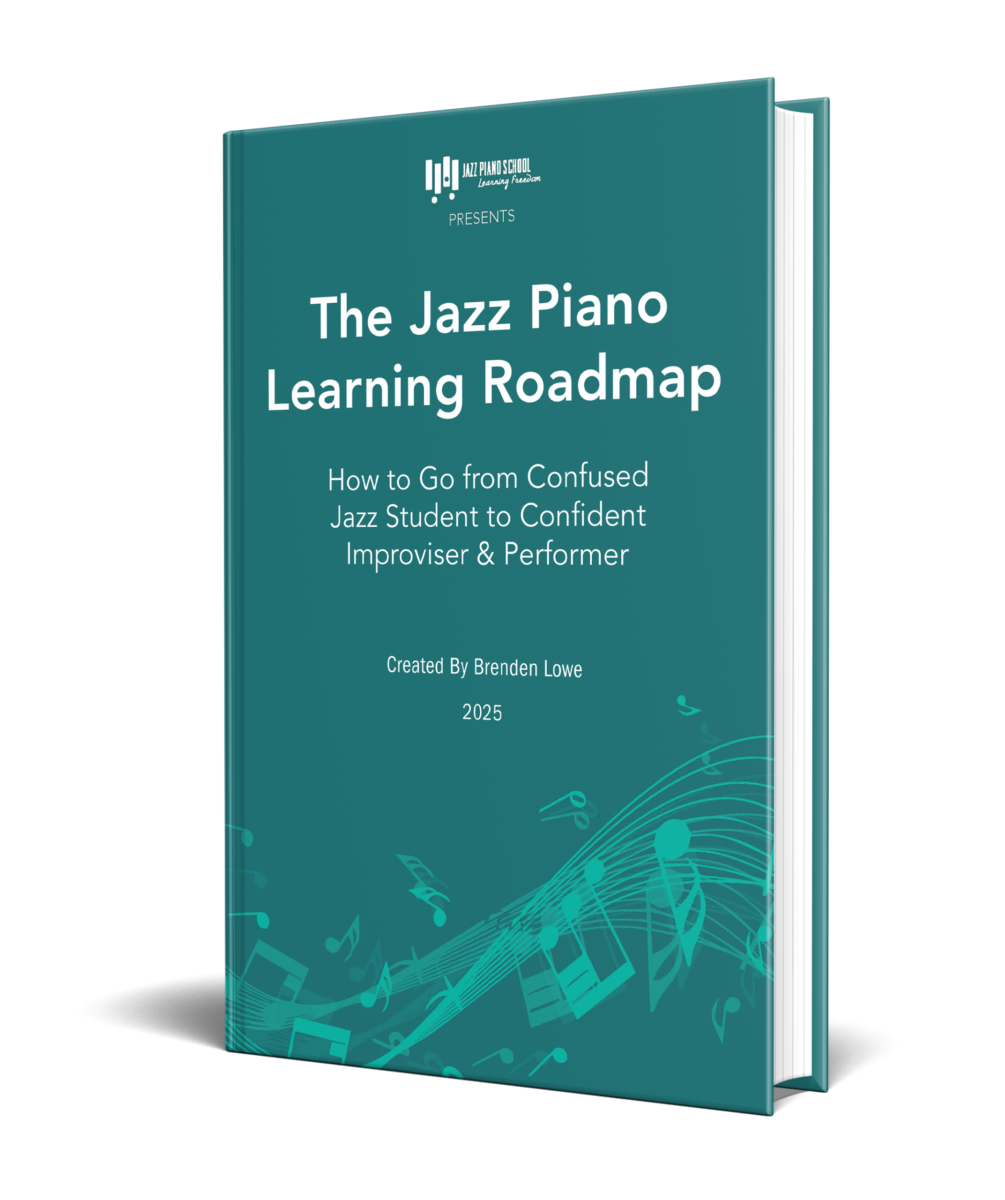

One Response
It’s an awesome piece of writing in support of all
the internet viewers; they will take advantage from
it I am sure.